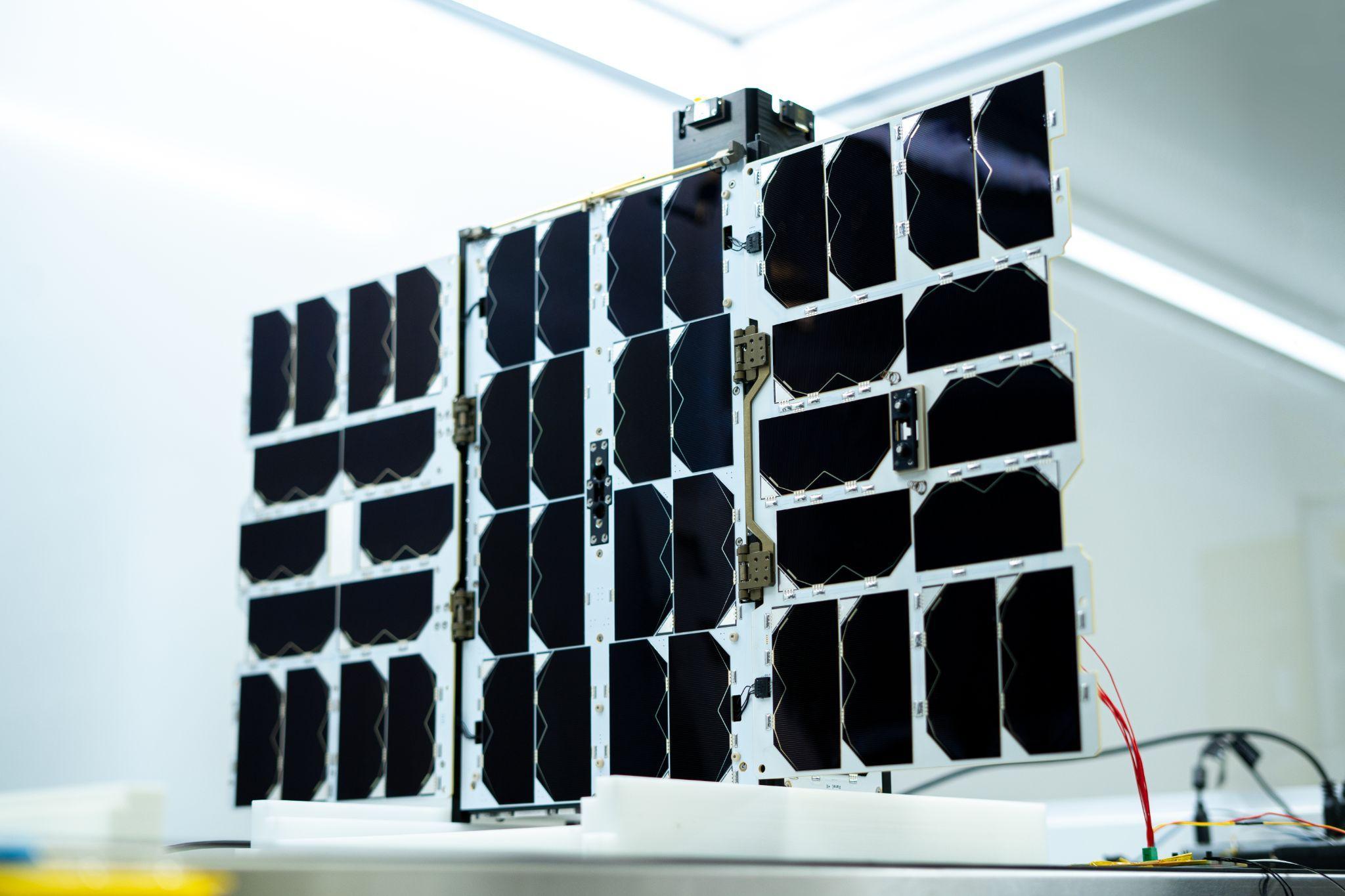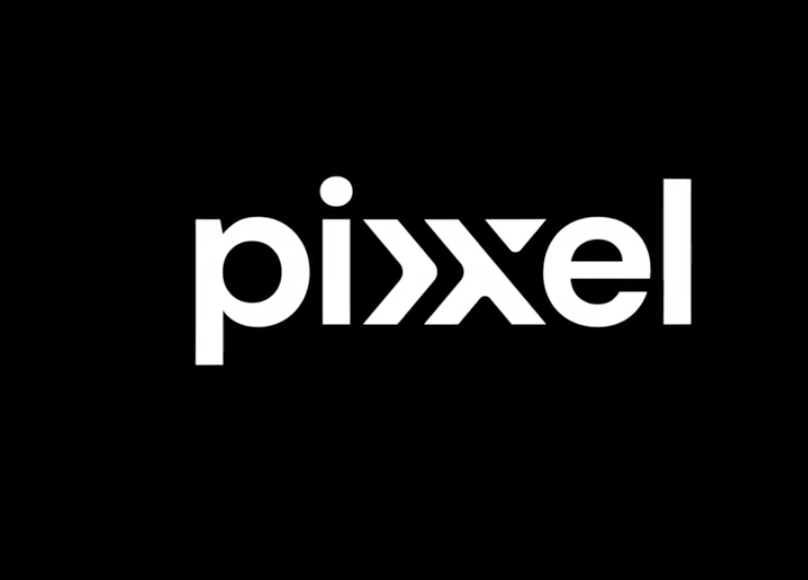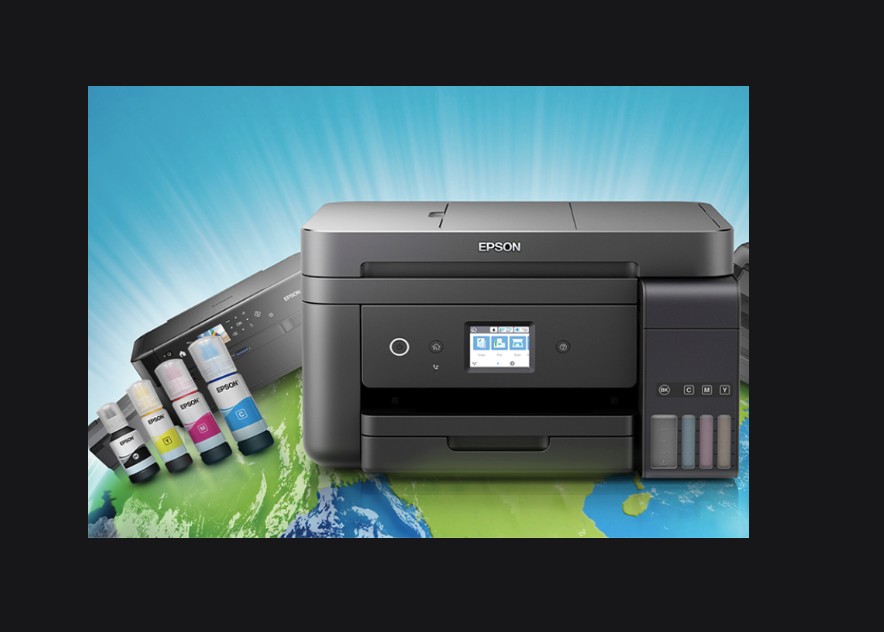● The startup becomes the first Indian private company to send Commercial Imaging Satellite
● Satellite will provide datasets with coverage that will allow monitoring and predicting global occurrences in real-time
● First private space mission on SpaceX Falcon-9 rocket
San Francisco, NFAPost: Pixxel, a space-technology startup headquartered in Bengaluru, announced that it successfully launched its first fully-fledged commercial satellite Shakuntala (Technology Demonstrator-2) with the SpaceX Falcon-9 rocket on April 1st.
Being Pixxel’s first fully-fledged satellite, Shakuntala hosts one of the highest resolution hyperspectral commercial cameras ever flown to space, bringing it one step closer to building a 24×7 health monitor for the planet.
Launched aboard SpaceX’s Transporter-4 mission from Cape Canaveral, this launch puts the company within touching distance of its ambitious mission to assemble one of the world’s most advanced constellations of low-earth-orbit imaging satellites.

This launch also marks an important step towards India’s ambition of expanding private participation both in the country and globally. By being the first startup from India to launch commercial hardware into space, Pixxel is leading the way forward for India’s space-tech renaissance.
Weighing less than 15 kgs, Shakuntala (TD-2) is capable of capturing orbital images in more than 150 bands of color from the visible and infrared spectrum with a resolution of 10-meters per pixel — far exceeding the specificity of 30-meter per pixel hyperspectral satellites launched by a few select organizations such NASA, ESA, and ISRO.
In just a few weeks from launch, TD-2 will begin amassing information and uncovering the invisible changes wreaking havoc on our planet like natural gas leakages, deforestation, melting ice caps, pollution, and declining crop health. Imagine being able to predict a famine before a crop infestation takes over or stop an oil spill before it endangers delicate oceanic biospheres.

Commenting on the launch, Pixxel CEO Awais Ahmed said from being one of the very few finalists in the SpaceX Hyperloop Pod Competition in 2017 to now launching the company’s own satellites as part of SpaceX’s fourth dedicated rideshare mission, life has come full-circle for the team.
“The vision that we had, to bring the benefits of space down to earth and to make our planet into a more vibrant and sustainable place in the process, remains steadfast even today,” said Pixxel CEO Awais Ahmed.
Launching Shakuntala is the first step toward making space exploration easier, and accomplishing our goal of creating a constellation capable of providing global coverage every day.” He added
This launch also comes at the heels of Pixxel’s $25 million Series A funding from Radical Ventures, Seraphim Space Capital, Relativity Space co-founder Jordan Noone, Lightspeed Partners, Blume Ventures, and Sparta LLC among others.
Their strategic backing joins the over 50 customers who have signed pre-launch agreements with us from industries spanning across agriculture, oil and gas, mining, and climate sectors.
As human species faces the ramifications for decades of environmental neglect, Pixxel is galvanized by the promise of its technology to make the invisible visible. This launch sets the stage for Pixxel’s first commercial phase satellites to be launched in early 2023 and the commercial sale of our data. With 6 satellites flown in a sun-synchronous orbit (SSO) around a 550 km altitude, Pixxel’s hyperspectral constellation will be able to cover any point on the globe every 48 hours.
The data from this constellation will provide users with a global scale perspective of planetary-scale ecosystems and biospheres that will be used to create an AI-informed analysis platform, creating a digital twin of the earth in the process.
This will be a critical tool in providing invaluable policy recommendations and actionable insights for climate-conscious governments and organizations. By detecting these unseen global phenomena and monitoring them through regular revisit, Pixxel is building a health monitor for Earth to help everyone make decisions that can make our world a better and more sustainable place.
Pixxel recently raised a $25 million Series A to launch some of the world’s most advanced EO satellites.





